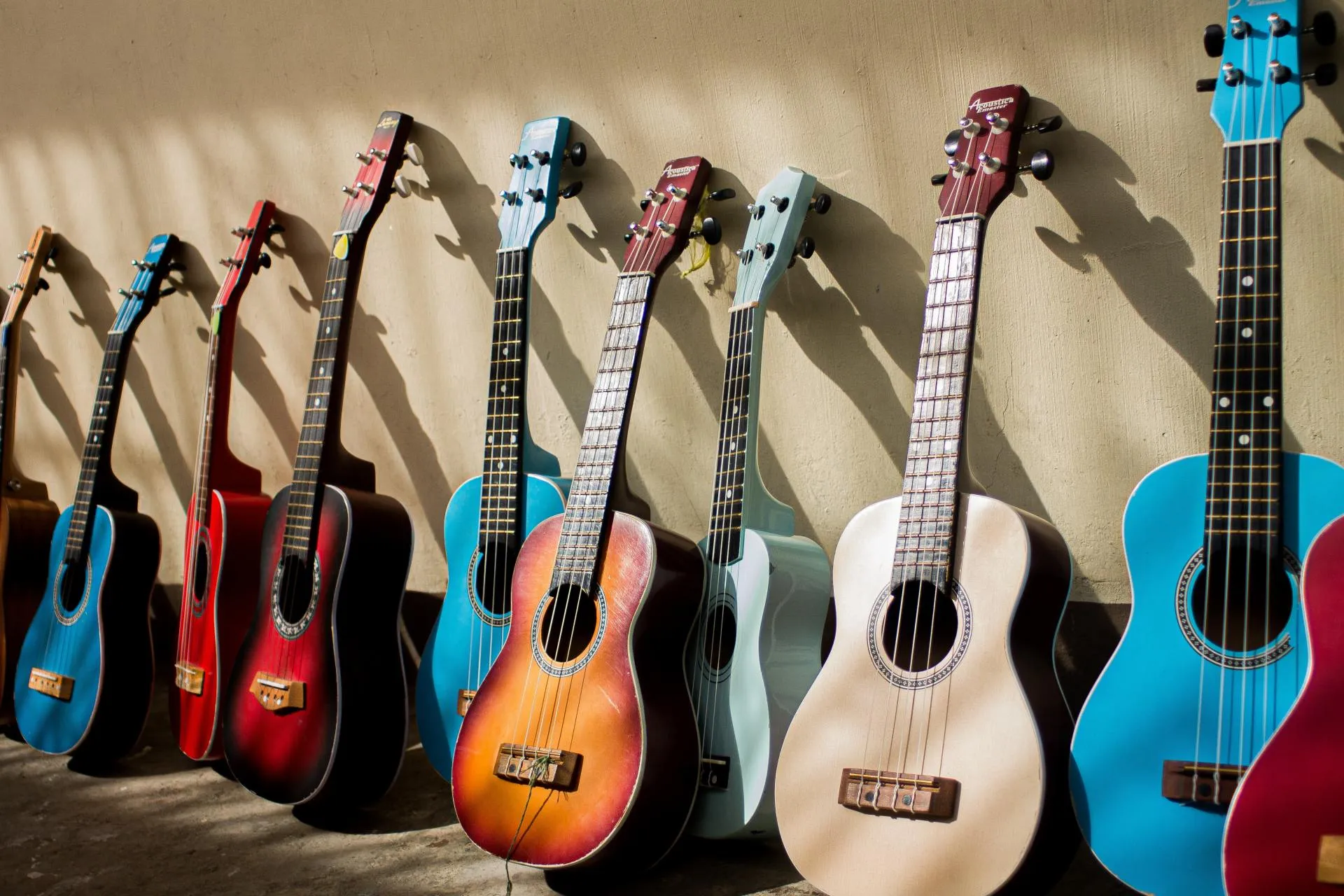Hobby items tend to end up in a category of special limits of liability in a homeowners policy. What this means in the abstract is that the insurance contract dictates that only specific amounts are to be paid out if items are within the loss category. Here we’ll take a look at what kind of items might be named this way and when/why losses may be specified.
Special limits of liability were put into place for many reasons. It reduces fraud and, in many cases, prevents quarreling over the value of certain items that otherwise might be disputed. Without special limits in force, fraud could happen by improper reporting that was difficult for the insured to prove and the insurer to disprove.
A common example of this is cash. Many home policies will carry a special limit of liability in regards to cash. If a policy has a special liability limit of $500 and a total loss happens, any cash over that $500 that was lost is likely to be limited out from indemnification. An insured that keeps a large amount of cash may want to consider means to increase that amount. Most companies offer endorsements to that end.
More than cash, some policies may limit categories that was as wide as ‘portable electronic equipment.’ In 2020, you might want to know whether your policy has that special limit. People are not especially great at envisioning the situation after a total loss and it is often the items that get hit with special limits that could make the difference between how safeguarded your personal assets are.


Not all special limits are with regards to a total loss either. There are many policies out there where items have limits for theft only. And if the item in that category was to be damaged by a covered loss that is not theft, the special limit will not engage. The most common items to have special limits for theft are guns, jewelry and cash.
These days everyone wants things done faster. And while that moment-to-moment thrill seeking and instant gratification may get you by, when it comes to insurance, it often allows for these holes in coverage to open up in the name of speed. Consider the above situation where the insured could have added cheap blanket coverage or even scheduled some of their items. These actions, while not free, ensure that your policy is setup for you and not your neighbor.
As always, the best way to learn more about what your policy does and doesn’t do is to read it! Or you can ask an insurance professional to take a look. =]
Disclaimer: None of this is a discussion of a reader’s specific policy and should not be considered insurance advise about your coverages, it is for educational purposes only.
